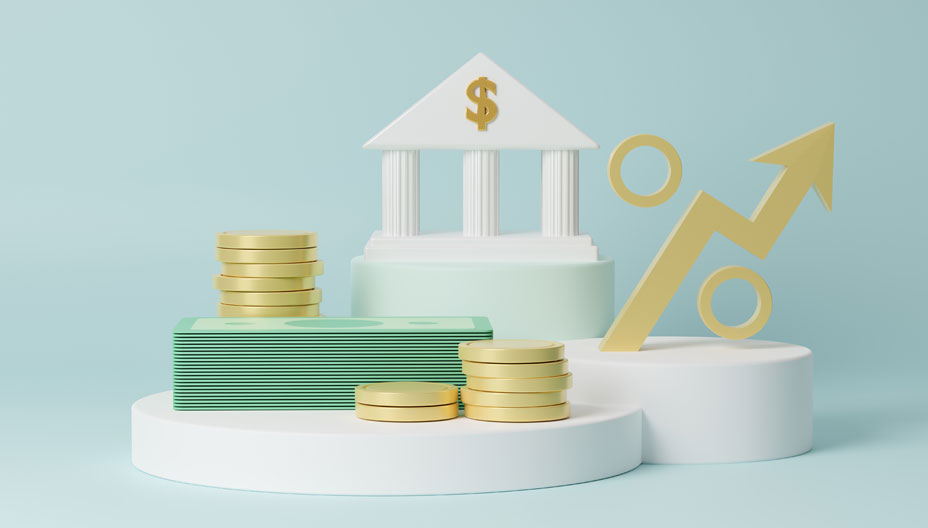When will the Federal Reserve stop raising rates?

Federal Reserve Chairman Jerome Powell may not recall former Fed Chairman Alan Greenspan's bond market inverted yield curve "conundrum" comment, but that doesn't mean the curve will begin to steepen -- in fact, a deeper inversion is possible. The Treasury yield curve has usually stopped flattening at the end of interest rate hikes but expect there is a risk of the curve inverting further.
As the market prices in a later, harder landing, long-term interest rates should remain pegged, with the 10-year hovering at 3.75% - 4.25%, while short-term rates climb as the Fed calibrates its policy rate somewhere at, or above, 5%, which should keep the two-year note yield higher. With a probability of a recession now standing at 65%, do not be surprised if the 10-30 year section of the UST is sticky as the 1-3 year section reacts to the Fed’s tightening actions, furthering inverting the curve.
With that all said, do not be astonished to see that the peak of U.S. Treasury yields could have already occurred in the 10-30 year area, and as the Federal Reserve prepares to pause rate hikes in early 2023, the yield curve may bull flatten before bull steepening. Though the economic landscape is fraught with risks that data surprise further to the upside, think longer-term Treasury yields are in the process of making a top. Volatility is likely to remain a market feature for some time, so a retest of the recent yield highs wouldn't be a surprise.
 Historically, the Fed will stop tightening once the Fed Funds rate intersects with the PCE deflator.
Historically, the Fed will stop tightening once the Fed Funds rate intersects with the PCE deflator.
Elevated core services inflation may keep interest rates higher for longer than the stock market investors have expected. Especially based on the recent rally in the S&P 500 Index, which has rebounded 9% from mid-October lows. This rally maybe somewhat premature as the PCE deflator, that is the preferred inflation gauge for the Fed, now stands at 6.3%. The PCE deflator is expected to drop from 6.3% to 4.8% by 1Q23 and further fall to 3.5% by 2Q23 (according to Bloomberg Intelligence).
Historically, the Fed will stop tightening once the Fed Funds rate intersects with the PCE deflator. So with the Fed Funds rate now at 3.75%-4.00% and expected to peak between 4.5% -5%, and the PCE deflator expected to drop to 4.8% to 3.5% in the 1Q/2Q of 2023, that would indicate that the Fed should pause next Spring! These estimates maybe be overly optimistic as the Fed’s tool kit can only control demand-based inflation, not supply-constraint based inflation. If these expectations were not to come to fruition expect the stock market to react on the downside and UST yield curve to react accordingly.
Daniel Morgan, Senior Portfolio Manager, Synovus Trust Company
Important Disclosure Information
This content is general in nature and does not constitute legal, tax, accounting, financial or investment advice. You are encouraged to consult with competent legal, tax, accounting, financial or investment professionals based on your specific circumstances. We do not make any warranties as to accuracy or completeness of this information, do not endorse any third-party companies, products, or services described here, and take no liability for your use of this information. Diversification does not ensure against loss.
